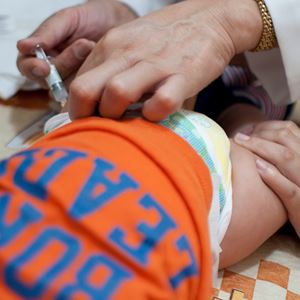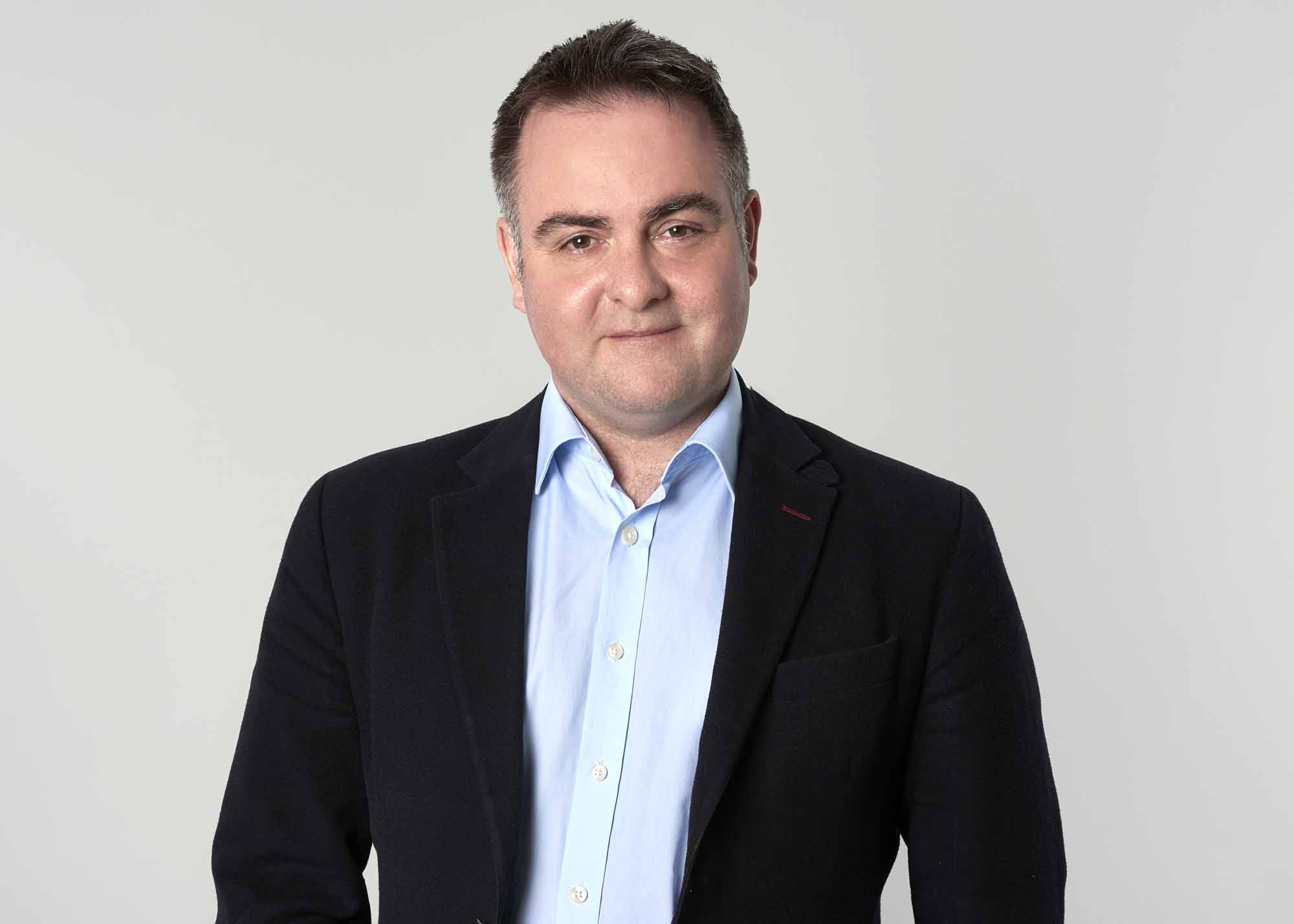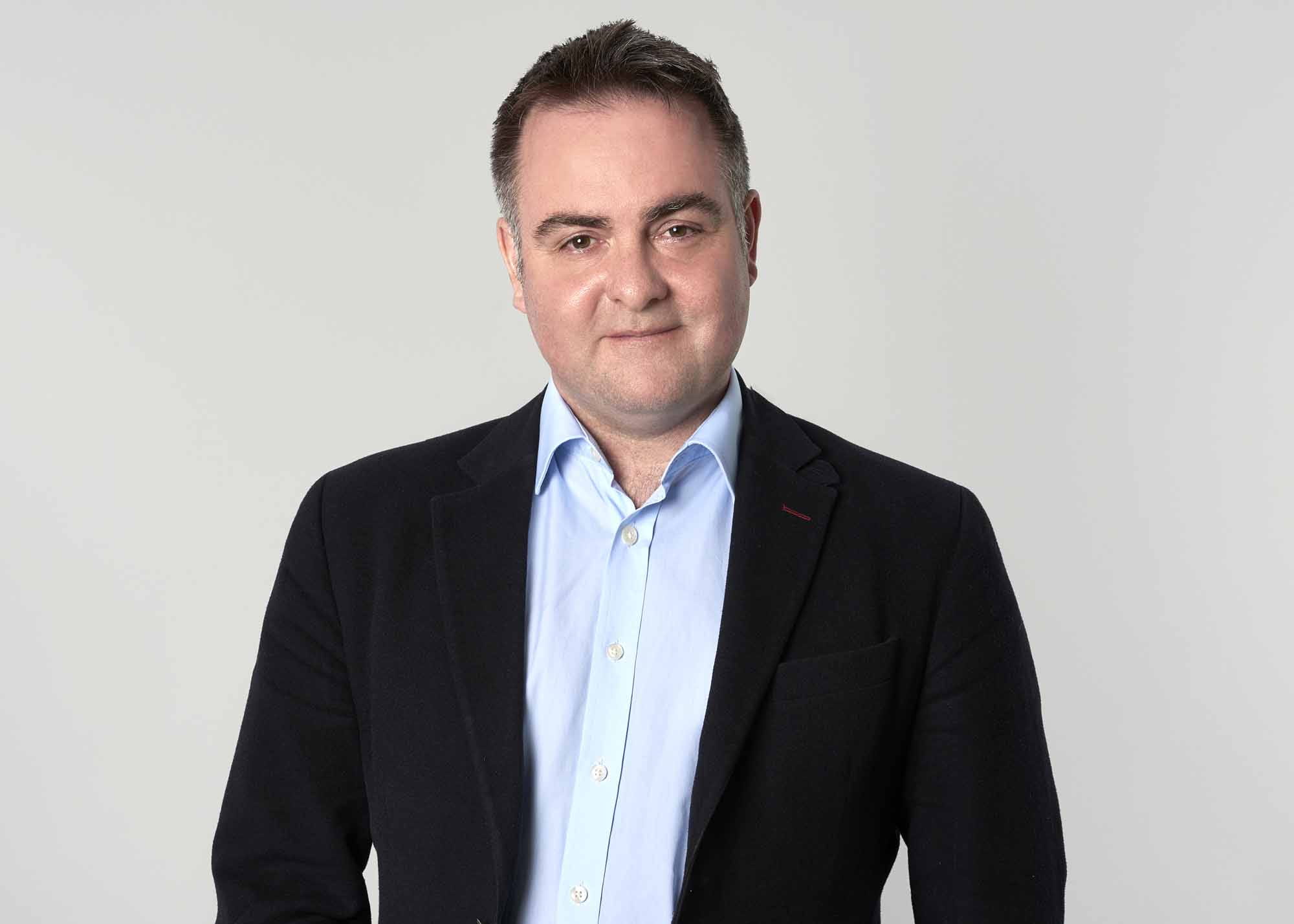
This month's health bulletin focuses on:
- The 25 year high in recorded measles cases in the US
- The ongoing Ebola outbreak in the Democratic Republic of Congo
USA

The history of measles is now largely forgotten in the West: how it hospitalised tens of thousands in the US, left thousands with chronic disability and killed hundreds of patients – mostly children. Unbridled by a vaccine, measles caused more than 2 million deaths each year globally, leaving many thousands of survivors with blindness and permanent brain damage. With this background, the advent of the measles vaccine, now included in the MMR, was a revolutionary addition to medicine – many millions of children have now been saved in the years since the immunisation’s introduction in 1963.
Despite this undoubted triumph of civilisation, vaccination continues to be treated with increasing suspicion. Although discredited on scientific grounds, the ‘anti-vaxers’ are influencing the choices of parents; decreasing their children’s immunisations, increasing their diseases. For example, this year the US has a 25 year record high of measles cases following the diagnosis of 700 patients. However, this is dwarfed by the Ukraine’s 100,000 cases since the summer of 2017. Although modern medicine is now more effective against some of the complications of measles, for example antibiotics are at present effective against the bacterial pneumonias often suffered by those severely affected with measles, many hundreds would be expected to have developed the brain damage that is often a direct effect of the virus on the nervous system.
Concerns about vaccination are as long-lived as vaccination itself. In 1772, Reverend Edmund Massey is said to have sermonised on ‘The Dangerous and Sinful Practice of Inoculation’, calling vaccines, ‘diabolical operations’. As vaccination became mandatory in the 19th century, a libertarian argument against compulsory inoculation superseded the religious one. Most recently, spurious scientific arguments have been attempted to discredit vaccination. In the mid-1970s, a report alleging that 36 children had suffered neurologic consequences following vaccination for Pertussis (whooping cough), led to a decrease in uptake of the vaccination, resulting in 3 major whooping cough outbreaks. Following this, Andrew Wakefield’s refuted allegations that the MMR was linked to autism, has produced a long-lasting decrease in vaccination, fuelling an increase in cases.
The proportion of a community that is vaccinated is particularly important. If the proportion is high, vaccination not only protects those who have received the inoculation, but also decreases the risk of transmission to others yet to be vaccinated. As this proportion falls, as is the case in many countries, more and more people are put at risk of illness and long-term consequences.
Democratic Republic of Congo (DRC)

The Ebola outbreak in eastern DRC has clearly escalated in the last month; there has been a 30% increase in cases from those discussed in April’s health bulletin. Over 1,500 individuals are now infected with Ebola and those who have passed away number over 1,000. The city of Goma reported a record number of new cases diagnosed in one day, 27 patients, bringing the weekly total to 126. Sadly, other records are expected to shortly follow.
This spike in cases has been attributed to the increased militia activity that has again temporarily suspended the efforts of the WHO and partners. In fact, an epidemiologist with the WHO, Dr Richard Kiboung, was tragically murdered by militia during the last month. On 19th April, gunmen forced their way into a conference room at Butembo University Hospital, accusing those in attendance of spreading false rumours about Ebola. They shot Dr Kiboung in the abdomen, who passed away shortly afterwards. As has been seen following previous militia attacks, there is an understandable temporary withdrawal of healthcare workers in the area, resulting in a decrease in patient identification, immunisation, contact tracing and quarantining. Despite these frequent interruptions, the WHO and partners have immunised an astonishing 100,000 patients during these difficult times.
Ebola
- 30% increase in cases in the last month
- Over 1,500 individuals now infected
- Over 1,000 have passed away
- Spike in cases been attributed to the increased militia activity
- Extensive ring-vaccination programme of VSV-ZEBOV
Although the WHO has not as yet declared a Public Health Emergency of International Concern, it has expressed its deep concern over the recent increase in transmission in certain areas. Despite the risk of the epidemic spreading to surrounding countries being seen as very high, it is quite a testament to the ongoing efforts of the healthcare teams on the ground to stop cross-border transmission that despite all the turbulence, both personal and political, no cases have so far been identified in neighbouring countries.
This might be partially as a result of the extensive ring-vaccination programme of VSV-ZEBOV - the immunisation first trialled in the field during the Ebola outbreak in West Africa. Preliminary results of the VSV-ZEBOV vaccination programme during its use in DRC have recently become available. They reveal that only a very few people developed Ebola, out of the tens of thousands at high risk who were immunised. Furthermore, the few that developed Ebola despite being vaccinated, survived the infection – none died. Vaccination will be the only long-term solution to the Ebola epidemics in Africa. Whether the continued militia activity will allow sufficient high risk individuals to be vaccinated, is yet to be seen.







